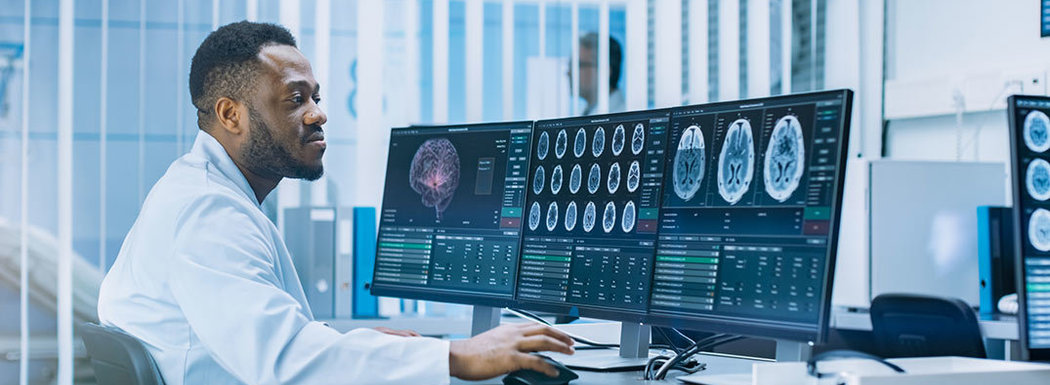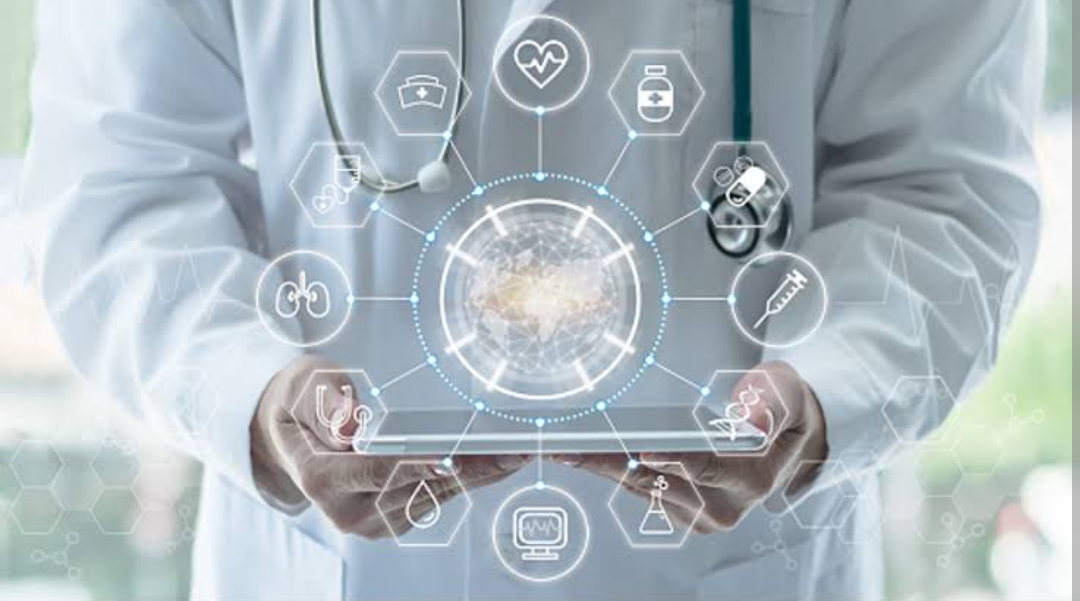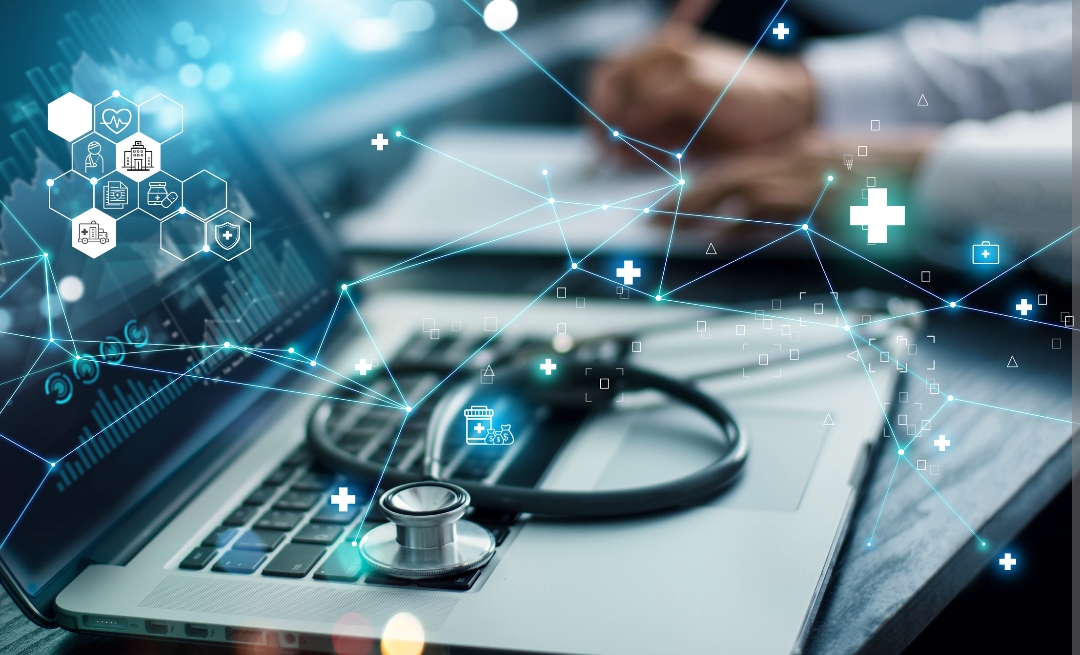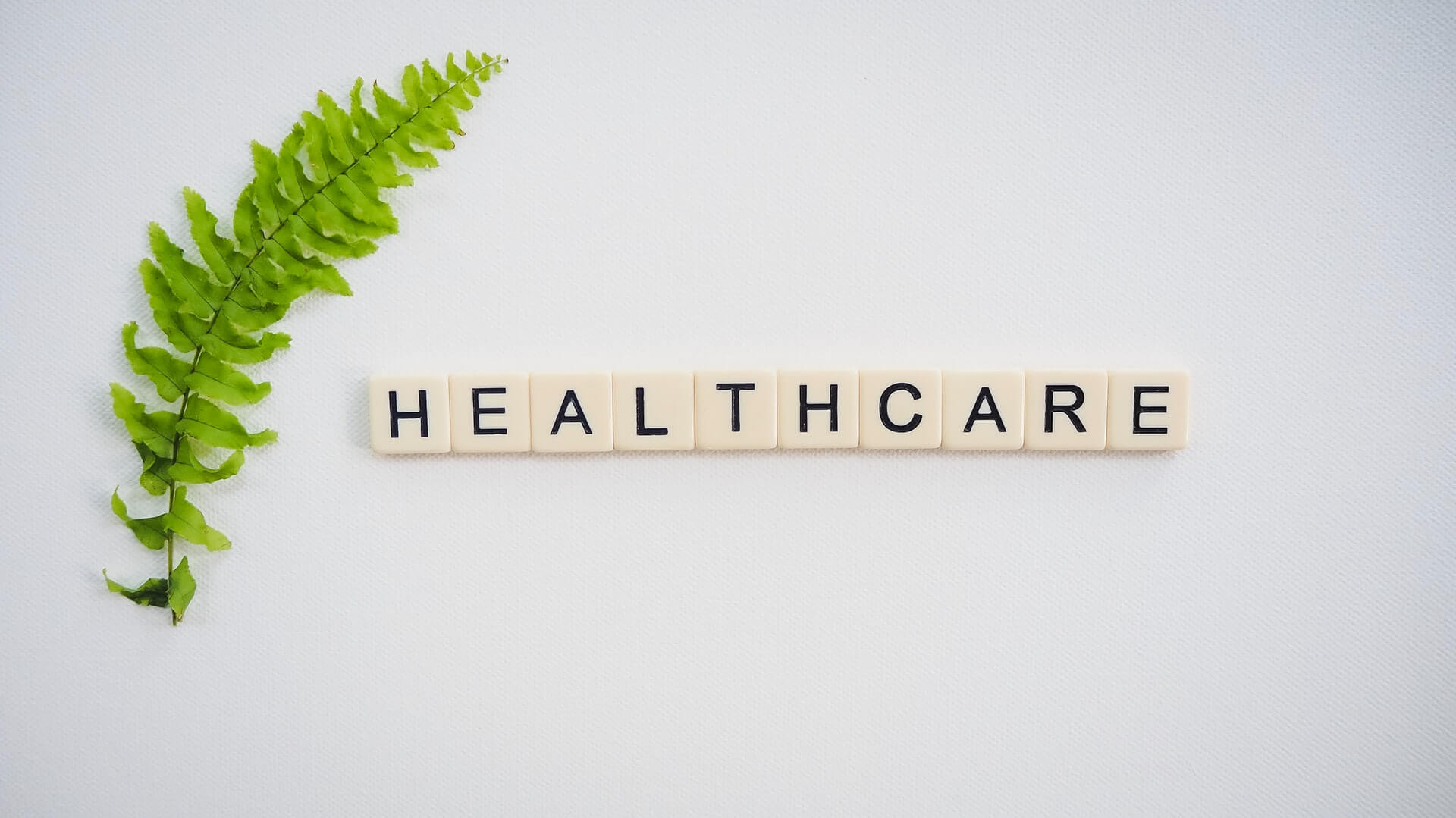
ChatGPT HIPAA Compliant, and What Does it Mean for the Future of Healthcare?
Healthcare is one of the most sensitive and critical fields in the world, and as such, it requires robust privacy and security measures to protect patients’ data. One such measure is HIPAA (Health Insurance Portability and Accountability Act), which is a federal law in the United States that sets standards for the protection and confidentiality of health information.
With the increasing use of AI-based technology in healthcare, the question of whether these technologies are HIPAA compliant is becoming more relevant. In this article, we will examine the issue of whether ChatGPT, a large language model developed by OpenAI, is HIPAA compliant, and what this means for the future of healthcare.
ChatGPT is an advanced natural language processing (NLP) model that has been trained on a massive amount of text data and can perform a wide range of tasks, including answering questions and generating text. Its ability to understand and respond to text-based queries makes it a potential tool for healthcare providers, who can use it to access and process large amounts of medical information quickly and accurately.
However, the use of AI-based technology in healthcare raises important privacy and security concerns, and it is imperative that these technologies meet the standards set by HIPAA to ensure the protection of patients’ data.
So, is ChatGPT HIPAA compliant?
The answer is no. OpenAI has not made any public statement regarding the compliance of ChatGPT with HIPAA regulations. Furthermore, the technology has not been specifically designed to meet the requirements of HIPAA, and it may not have the necessary security measures in place to protect sensitive health information.
This raises important questions about the future of AI in healthcare, and the role that technology like ChatGPT can play in this field. While AI has the potential to revolutionize healthcare and improve patient outcomes, it is essential that privacy and security are not compromised in the process.
Conclusion
While ChatGPT is a powerful and advanced language model, it is not currently HIPAA compliant, and the use of this technology in healthcare raises important privacy and security concerns. As the use of AI in healthcare continues to grow, it is essential that these technologies are developed and implemented with the necessary privacy and security measures in place to protect patients’ data. Only then can AI truly have a positive impact on the future of healthcare.
Visit DocMode for Courses and lectures













